Estonian Song and Dance Celebration
more than a year agoIf there’s any doubt as to the power of song, would you believe it if we told you that singing would ultimately lead to Estonia becoming independent. Well, it’s a proven fact that in the period of time between 1988 and 1990 several singing demonstrations took place all across Estonia, starting with the “Tartu Pop Music Festival” where 5 banned and patriotic songs were sung. The movement would eventually lead to the more populace Tallinn and culminated in an impromptu Night Song Festival where over 100,000 people were in attendance, singing outlawed songs and demanding freedom. At the height of the melodious demonstrations over 300,000 people gathered to sing for their freedom. Similar, but smaller demonstrations were to be held through the Baltics also leading to Latvia and Lithuania regaining their independence. Although the responsibility of the restoration of independence cannot solely be shouldered by the Singing Revolution, it certainly played a very significant part. So significant that in 2003, UNESCO would add the collective Baltic Song Festivals to its list of masterpieces of Oral and Intangible Cultural Heritage, further solidifying their importance.
2019 year event, which carried the title “The Land of my Fathers, the Land that I Love", marked the 150th anniversary of the Song Celebration and 85th anniversary of the Dance Festival, making this the 150th Estonian Song and Dance Jubilee Year. 2019 also marks the 50th anniversary of the first fire, which is lit in Tartu and then carried to Tallinn’s Song Festival Grounds. The raw emotion and all-embracing song, unites the hearts and minds of the people here like nothing else and can stop armies.
The jubilee Song and Dance Celebrations drew the largest number of participants and spectators to concerts ever.
1020 choirs and orchestras at the Song Celebration, altogether 32 302 people. 713 dance groups at the Dance Celebration, a total of 11 500 dancers and teachers.
The final concert on July 7th brought together more than 100 000 participants and spectators.
The next Song and Dance Celebration will take place July 1 - 3, 2022.
Read more on Song and Dance Celebrations: https://2019.laulupidu.ee/en


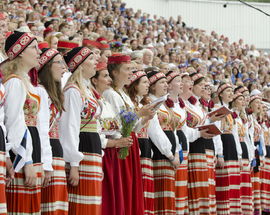
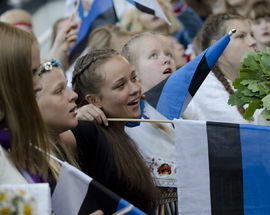
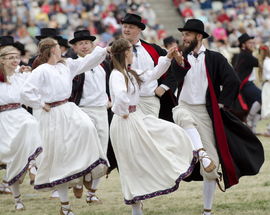
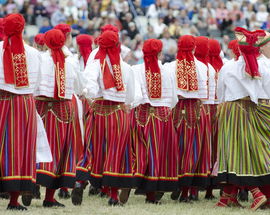
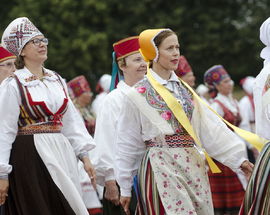
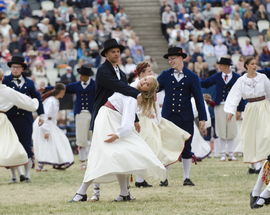
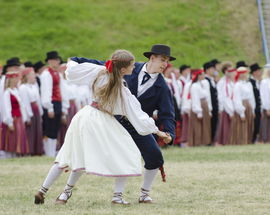
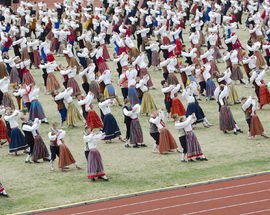
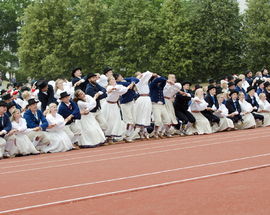
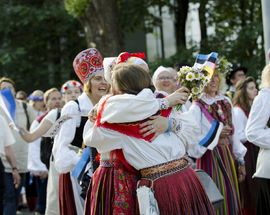
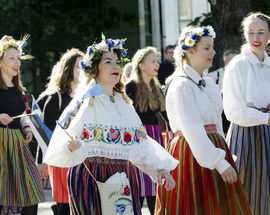
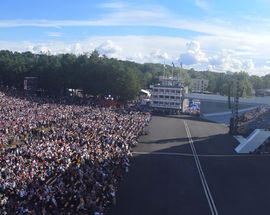
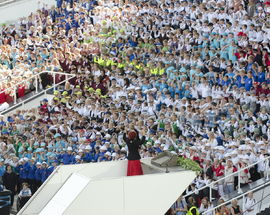
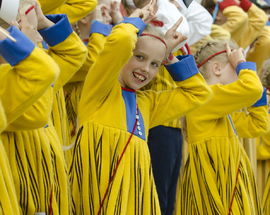
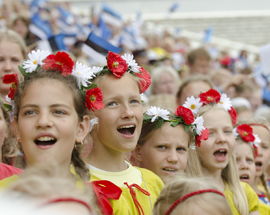
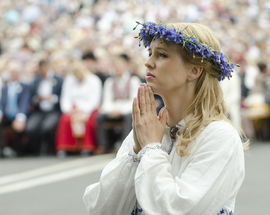
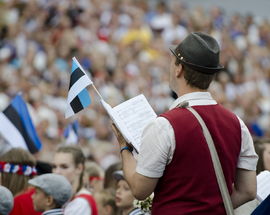
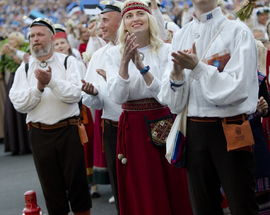
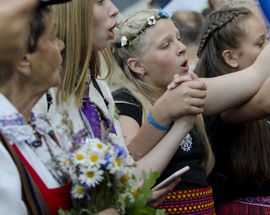
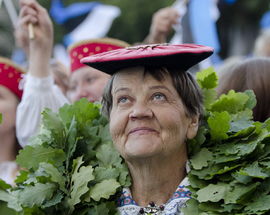
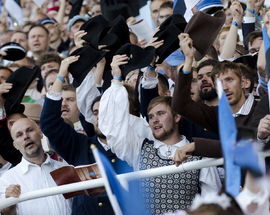


Comments